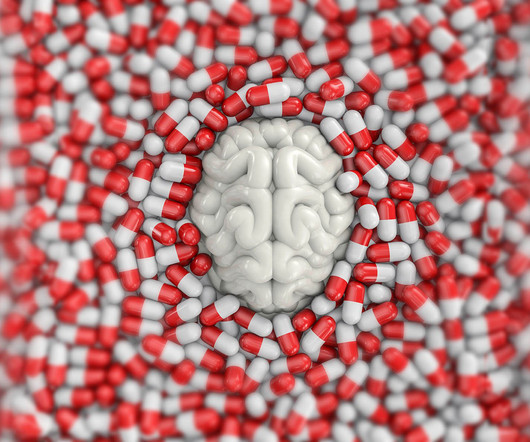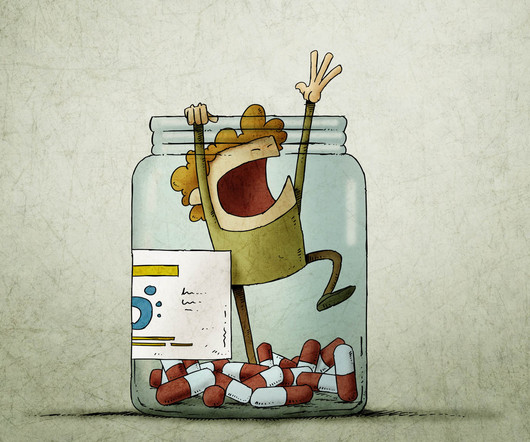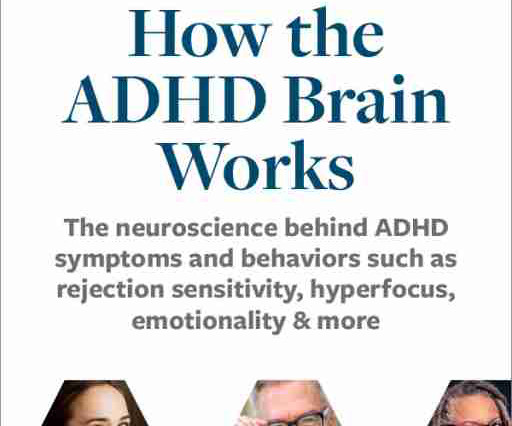Depression: Psychiatry’s Discredited Theories and Drugs Versus a Sane Model and Approach
Mad in America
FEBRUARY 24, 2024
In summary, researchers have found no serotonin nor any other neurotransmitter association with depression, no neurobiological associations, and no genetic associations. government’s Substance Abuse and Mental Health Services Administration (SAMHSA) , reported that among American adults, serious suicidal thoughts occurred in 6.6%
















Let's personalize your content